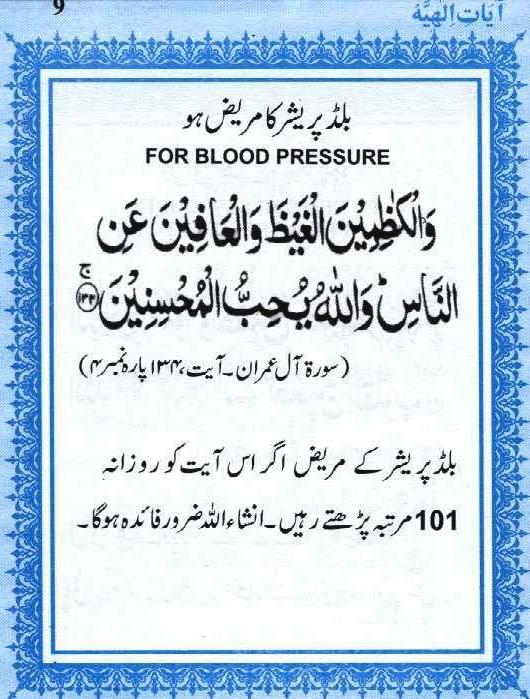ZAKAT – PURIFICATION OF WEALTH:
Zakat the third pillar of Islam, is an essential duty of every Muslim. All Praise is for Allah and may the peace and blessings be on the Prophet, his followers and all those who follow him in his guidance till the Last Day.
The Meaning of a Zakat:
Zakat the third pillar of Islam, is an essential duty of every Muslim. All Praise is for Allah and may the peace and blessings be on the Prophet, his followers and all those who follow him in his guidance till the Last Day.
The Meaning of a Zakat:
Zakat in Arabic means namaa wa ziyaadah, i.e. growth and increase. When a person pays the zakah due on his or her wealth, their wealth infact grows in blessings and increases in the good that comes from it. Even the person who is paying the zakat grows spiritually and increases in their Iman (faith)
and consequently in good righteous deeds. It makes the person less attached to the wealth that he worked so hard for such that he attaches himself increasingly to the eternal good of the Hereafter.
Another word used for Zakat more or less interchangeably in the Quran is Sadaqah. This word comes from the three letter root saad, daal and qaaf. Its root meaning centers on honesty. A person who gives sadaqah (charity) is proving his or her honesty in claiming faith and sincerity for Allah for at
times none or few can see in order to reward the person paying charity to
the poor from his hard earned wealth – none except Allah.
Another type of Zakat that is Wajib (compulsory) on Muslims is Zakah al-Fitr, often referred to as Sadaqah al-Fitr. The word Fitr means the same as Iftar, breaking a fast and it comes from the same root word as Futoor which means breakfast. Thus, Islamically, Zakah al-Fitr is the name given to charity which is distributed near the end of Ramadan. The amount of Zakah is the same for everyone regardless of their different income brackets. The minimum amount is one Saa` (two handfuls) of food, grain or dried fruit for each member of the family. This calculation is based on Ibn Umar's report that the Prophet (PBUH) made Zakah al-Fitr compulsory and payable by a Saa` of dried dates or a Saa` of barley. The Companion, Abu Sa`eed al-Khudree said,
"In the Prophet's time, we used to give it (Zakah al-Fitr) as a Saa` of food, dried dates, barley, raisins or dried cheese." (al-Bukhari - Arabic/English vol. 2, p. 340, no. 582)
Step by Step method to calculate Zakat:
Step 1: According to Sharia Law, Nisab is the minimum amount a person possesses for over a year in order to be obliged to pay Zakah. You can calculate nisab in terms of either Gold or Silver value. For Silver, the standard nisab is 21 ounces of silver (612.36 grams) or its equivalent in cash. For Gold, the standard nisab is 3 ounces of gold (87.48 grams) or its cash equivalent. (Note: check the value of gold and silver in your local currency).
Step 2: In the next step, add the quantity of Gold and silver that you have possessed for more than a year and its price per 10 gram in your local currency. Each type (in Carats) of Gold you possess must be added separately as their values are different.
Step 3: In this step, add the values of Cash, Properties, and stocks in your possession for more then a year as Zakat is applicable on them as well.
Step 4: In this final step, you need to add your debts and liabilities, the payments that are due on you and debts that you have to give. These amounts are subtracted from your assets/possessions in the final calculation to determine the Zakah obligatory on you.
Step 5: After completion of the above steps above, a summary can be made which tells you whether you are eligible to pay Zakat and if you are, the zakat that you have to pay can be derived. The payable zakat is 2.5% of your overall possessions.
We urge our people to pay Zakat for the education of poor children of our Ummah, so it can avoid people to opt for education loan and Every last child deserves the opportunity to learn. Thanks to people like you, Save the Children works every day to ensure all children have the best chance to learn.
Because it empowers an individual to earn his/her livelihood and the end because it increases one's awareness on a range of issues – from healthcare to appropriate social behavior to understanding one's rights – and in the process help him/her evolve as a better citizen.
Doubtless, education is the most powerful catalyst for social transformation. But child education cannot be done in isolation. A child will go to school only if the family, particularly the mother, is assured of healthcare and empowered. Moreover, when an elder sibling is relevantly skilled to be employable and begins earning, the journey of empowerment continues beyond the present generation.
Rest Allah Knows the best.
Allah Hafiz






0 Comments
Thanks for Reading, May Allah Bless you and Grant you Jannah, Aameen!!